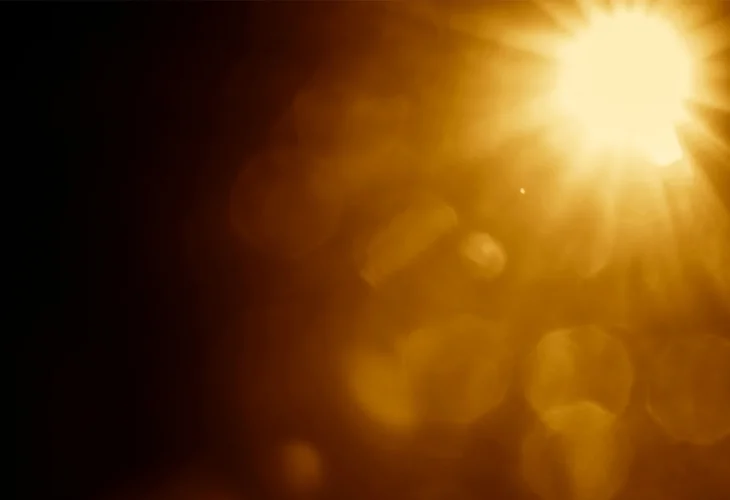Issues in the Bible
Why the Torah Ends with Curses and a Song: The Eternal Message of Ha’azinu
How Moshe's final song became a prophecy for the end of days — a melody to awaken forgotten generations, reminding Israel of its covenant, purpose, and unbreakable bond with God
 (Photo: shutterstock)
(Photo: shutterstock)In Parshat Ki Tavo, we read about the covenant, the blessings, and the curses. In Parshat Nitzavim, we encounter the curses again — this time directed at those who detach themselves from the people of Israel.
In Parshat Vayelech, God tells Moshe in advance that the people will sin, that He will punish them, and therefore commands Moshe to teach Israel the Song of Ha’azinu, which once again describes suffering and calamity.
Why do four out of the last five Torah portions — Ki Tavo, Nitzavim, Vayelech, and Ha’azinu — all speak of curses, warnings, and disasters? Wouldn’t it have been more uplifting if, after the commandments of Ki Teitzei, the Torah had moved straight to V’Zot HaBracha, when Moshe blesses each tribe?
Why the Torah Couldn’t End with Blessings Alone
If the Torah had jumped directly from the laws of Bikkurim (first fruits) to V’Zot HaBracha (“And this is the blessing”), it would have been inspiring, but incomplete.
Moshe would have ended his speech with commandments that most of us can no longer fulfill, blessings for tribes that no longer exist in their ancestral lands, and laws tied to a Temple we do not yet have.
What would remain relevant to us today?
The Difference Between Human Threats and God’s Covenant
Ancient kings also used curses to warn anyone who broke their treaties — but those curses were final. Whoever betrayed the king would fall ill and die, end of story.
The Torah’s curses are completely different. They are not threats, but mechanism of connection. Even if someone tries to leave the covenant, they cannot truly sever themselves from it. The nation of Israel is bound to its destiny, for better or for worse.
This is the message of Ki Tavo and Nitzavim: The curses are not abandonment — they are a guarantee that the people will remain tied to God and to each other, even through pain.
The Challenge of Forgetfulness — and the Song That Solves It
The portion of Vayelech raises a deeper problem: What happens when a generation arises that completely forgets God? “They will provoke Me with what is not God…” (Devarim 32:21)
In earlier sections, when tragedy struck, people could still say, “It’s written in the Torah — this is why it happened.” But what about a generation that doesn’t even know the Torah exists?
That is why God teaches Moses a song — Shirat Ha’azinu: “Now write down this song for yourselves and teach it to the Children of Israel.”
Songs are remembered. Poetic lines, preserved through millennia, carry deep meaning. They remind even the most distant Jew that our history is not random, and that our fate has purpose and pattern.
A Song That Awakens a People
The song says: “Remember the days of old, consider the years of many generations; ask your father and he will tell you, your elders and they will explain to you.” (Devarim 32:7)
Even someone who knows nothing of Judaism may still remember this song — a fragment of ancient beauty. That memory can awaken curiosity: Why did these things happen? Why did our people suffer?
They will begin to ask, to study, to seek, and through that song, they will rediscover the Torah itself.
Ha’azinu — A Light for the End of Days
What Moshe accomplished, by God’s command, was to create a lifeline — a way to reach Jews thousands of years later, in the final generations, who would know nothing of their heritage.
Even if they forget everything else, they might still recall fragments of the song. And those fragments would stir their souls to ask questions — and through those questions, to return.
Thus, Shirat Ha’azinu shines like a beam of light from Moshe in the plains of Moav, reaching all the way into the modern age: “Give ear, O heavens, and I will speak; and let the earth hear the words of my mouth.”
The heavens and the earth, eternal witnesses, ensure that this song will resound again in the end of days — inspiring Israel to remember, to question, and to learn the Torah anew, from Bereishit to V’Zot HaBracha.

